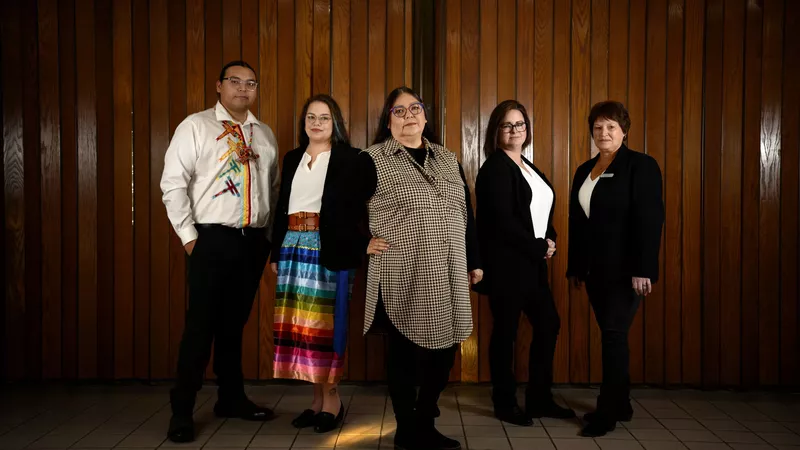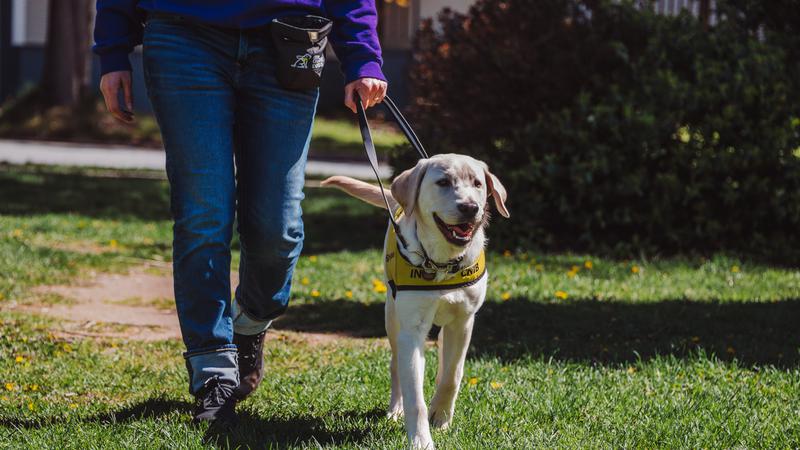
Arctic and global security top agenda as Trudeau meets Nordic leaders in Iceland
VESTMANNAEYJAR, Iceland — Arctic security and Russia’s invasion of Ukraine were top of mind on Sunday as Prime Minister Justin Trudeau arrived in Iceland for a two-day summit with Nordic leaders.
Trudeau is a guest at the annual meeting of leaders from Iceland, Norway, Sweden, Finland and Denmark. Global security was already high on the agenda for the gathering before 24 hours of chaos in Russia threw even more uncertainty into the mix.
At the beginning of a bilateral meeting with Finnish Prime Minister Petteri Orpo, Trudeau said the complicated events in Russia over the last two days will form a large part of the meeting’s discussions.
“We’re watching carefully the situation in Russia right now as it’s been complex over the past couple of days,” he said.


